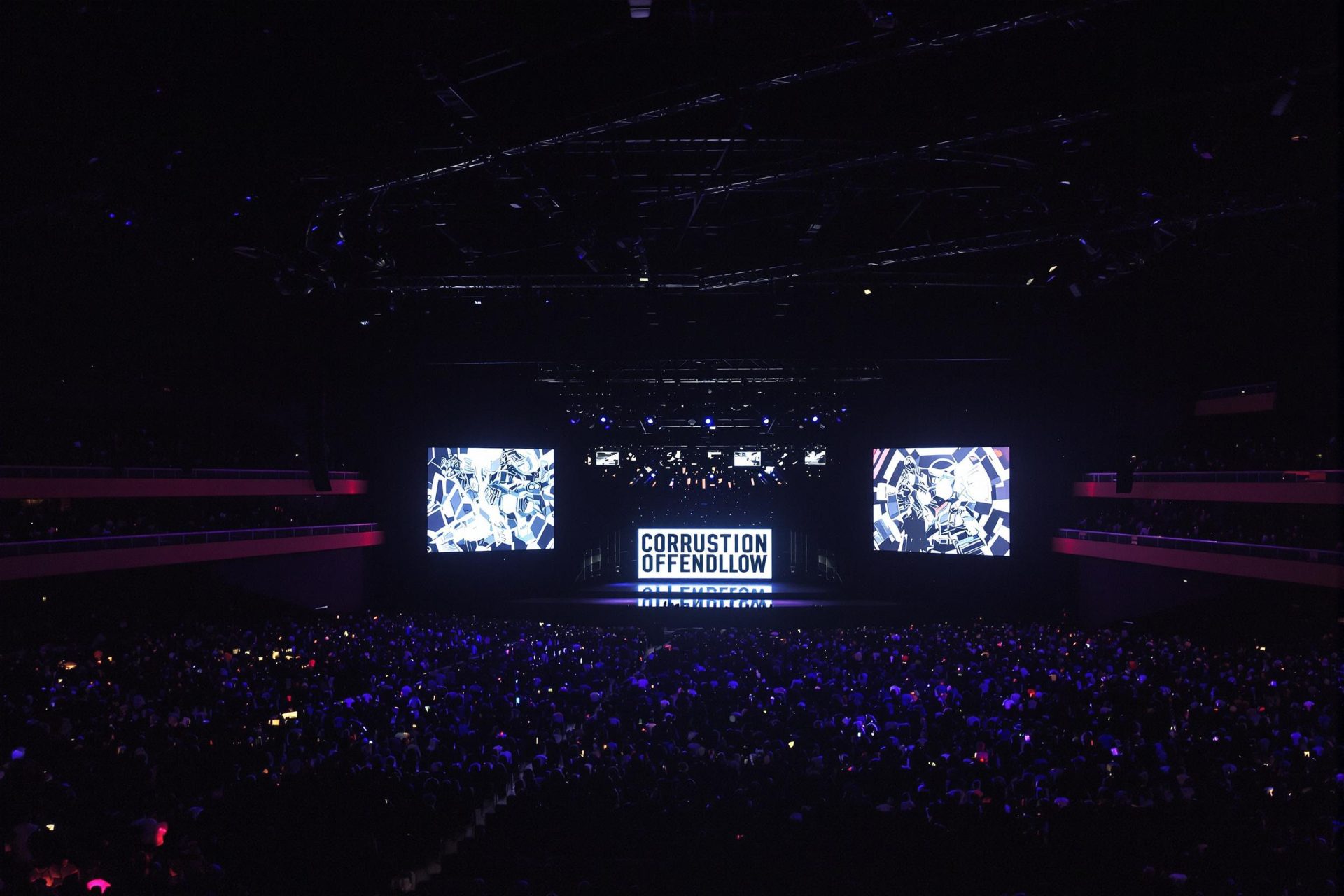Key Takeaways
- Google is transforming its search engine to include AI chatbot-like conversation capabilities for U.S. users.
- This major shift is in response to growing competition from AI pioneers such as OpenAI.
- New features include an “AI Mode” in search, along with a personal AI assistant called “Project Mariner.”
- Questions remain about how these AI enhancements will impact Google’s core search advertising business.
- Google is also introducing subscription plans for access to its more advanced AI tools.
Google is embarking on a significant overhaul of its iconic search engine, integrating features that will make it function much like an AI chatbot. This move signals a major race to keep pace with competitors, including OpenAI.
Starting soon, users in the U.S. will be able to activate an “AI mode” within Google Search and the Chrome browser. This will offer a conversational, question-and-answer experience, a departure from the traditional list of links.
Sundar Pichai, CEO of Google’s parent company Alphabet, described this development as a “total reimagining of search” during their annual I/O developer conference, according to the Financial Times.
This ambitious release is Google’s latest effort to weave generative AI into its dominant search engine. However, it comes with concerns among investors that these new AI products might affect its highly profitable advertising business.
The new “AI Mode” builds on last year’s “AI Overviews,” which provided brief, AI-generated answers. While popular, these summaries reportedly led to fewer clicks on the ads that generate much of Google’s revenue.
Google has faced criticism for a perceived slow rollout of AI features, especially since its research heavily contributed to the current generative AI boom. This allowed startups like OpenAI and Anthropic to become major players, challenging Google’s hold on online queries.
In response, Google is speeding up its launch schedule and has made swift improvements to its large language model, Gemini. The company claims the latest version surpasses rivals like OpenAI’s ChatGPT and Anthropic’s Claude on many tests, particularly in coding.
Pichai emphasized Google’s existing strength, noting its 8.5 billion daily enquiries. “Search is bringing AI to more people than any other product in the world,” he stated.
Executives remained cautious about detailing how advertising will be integrated into the new AI-driven search, browser, and app-based offerings. Search advertising brought in $50 billion for Google in the first quarter alone.
As Google pivots more towards AI, it’s also exploring models beyond its traditional free, ad-supported services. A standard “AI pro” subscription will cost $25 a month, while early access to the most advanced features will be available through an “ultra” package at $250 a month.
Google also unveiled its own AI agent prototype, “Project Mariner,” set to roll out to subscribers over the summer. This agent can manage tasks like booking trips, shopping, and compiling research reports by controlling the user’s browser and software.
Users will have the option to grant Gemini access to their historical data for more personalized responses. This, however, has sparked privacy concerns as AI companies develop models with long-term memory capabilities.
Sir Demis Hassabis, head of Google’s AI research arm DeepMind, described the vision as creating a “universal AI assistant” that is intelligent, understands context, and can act on the user’s behalf across devices.
While many “agentic” features, where AI can take actions for you, are already offered by smaller competitors, Google hopes to gain an edge by providing a more reliable experience, leveraging its vast resources and user data.
Google also previewed “Project Astra,” an impressive multimodal AI agent. It can understand and act on real-time voice commands and what it “sees” through a phone camera or smart glasses. For instance, it could help someone fix a bicycle and even order parts. This technology is slated for search integration and will work on both Android and Apple iOS devices.



